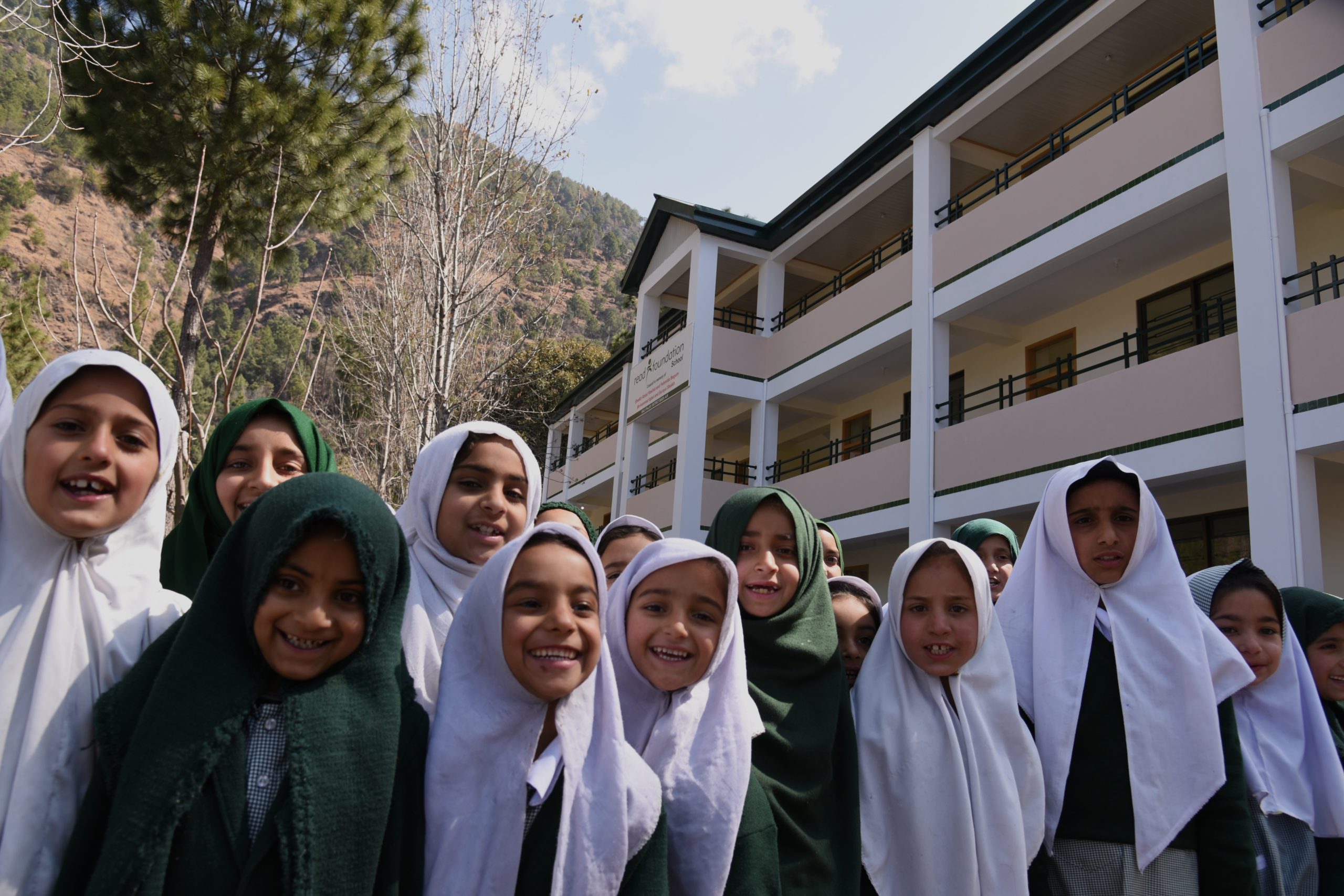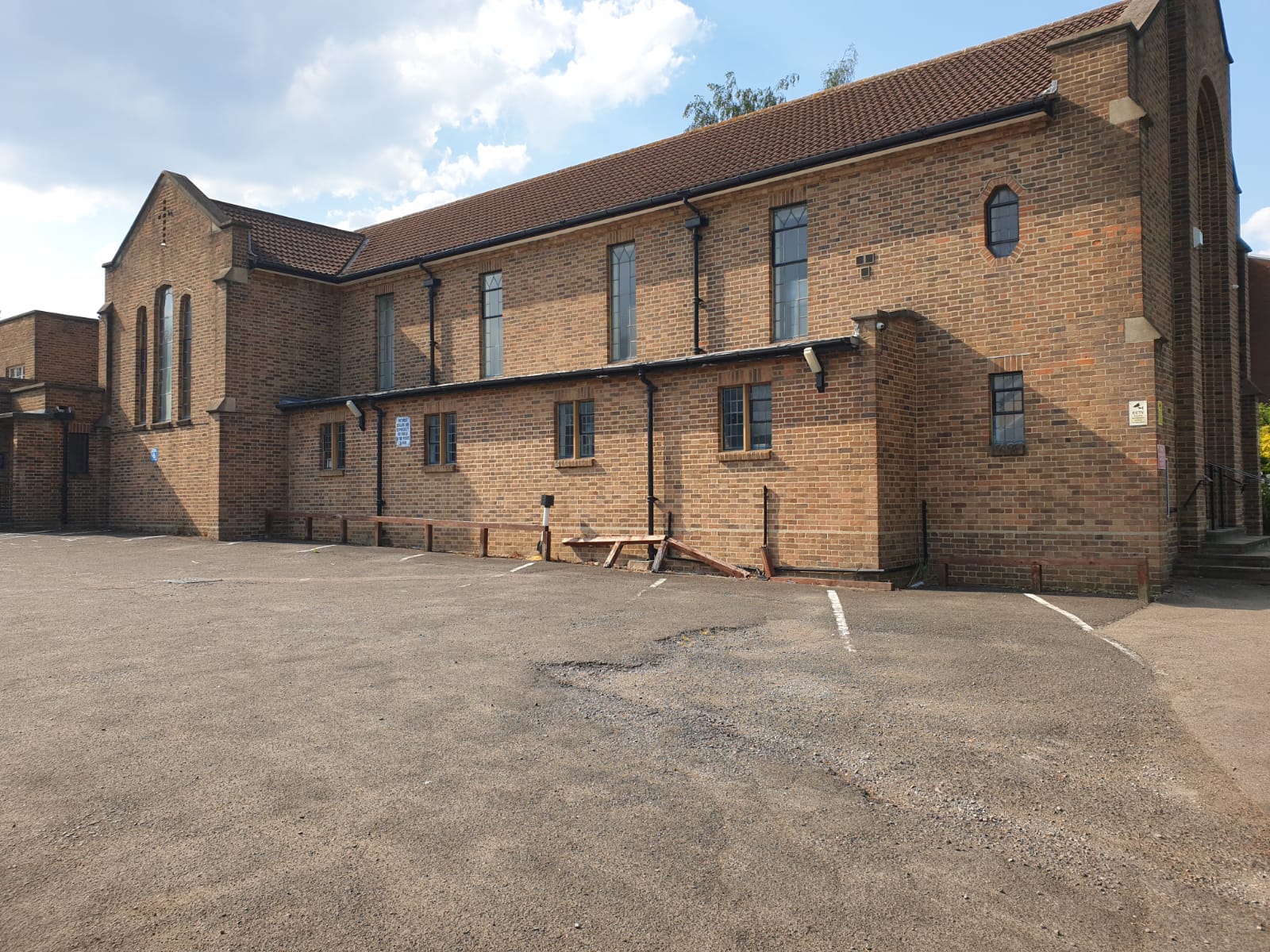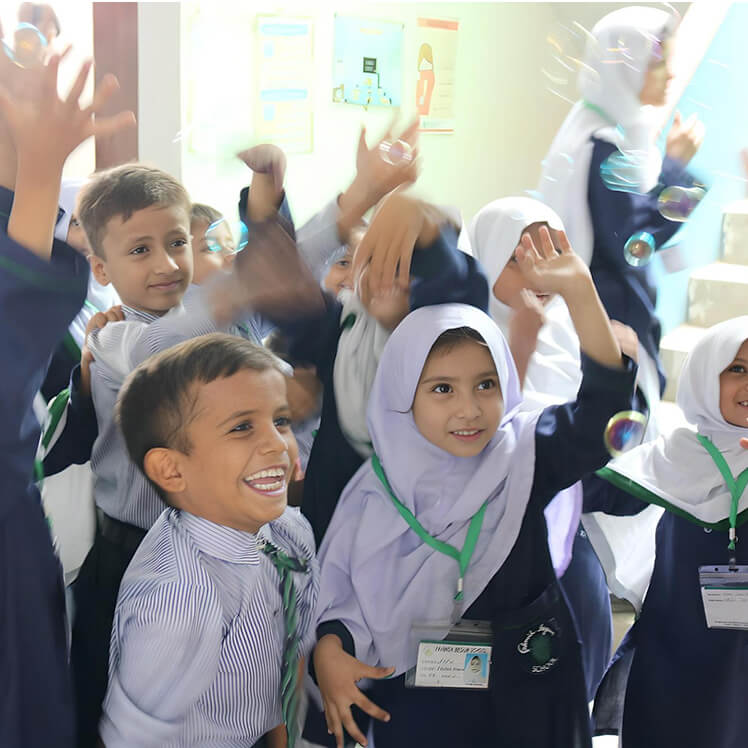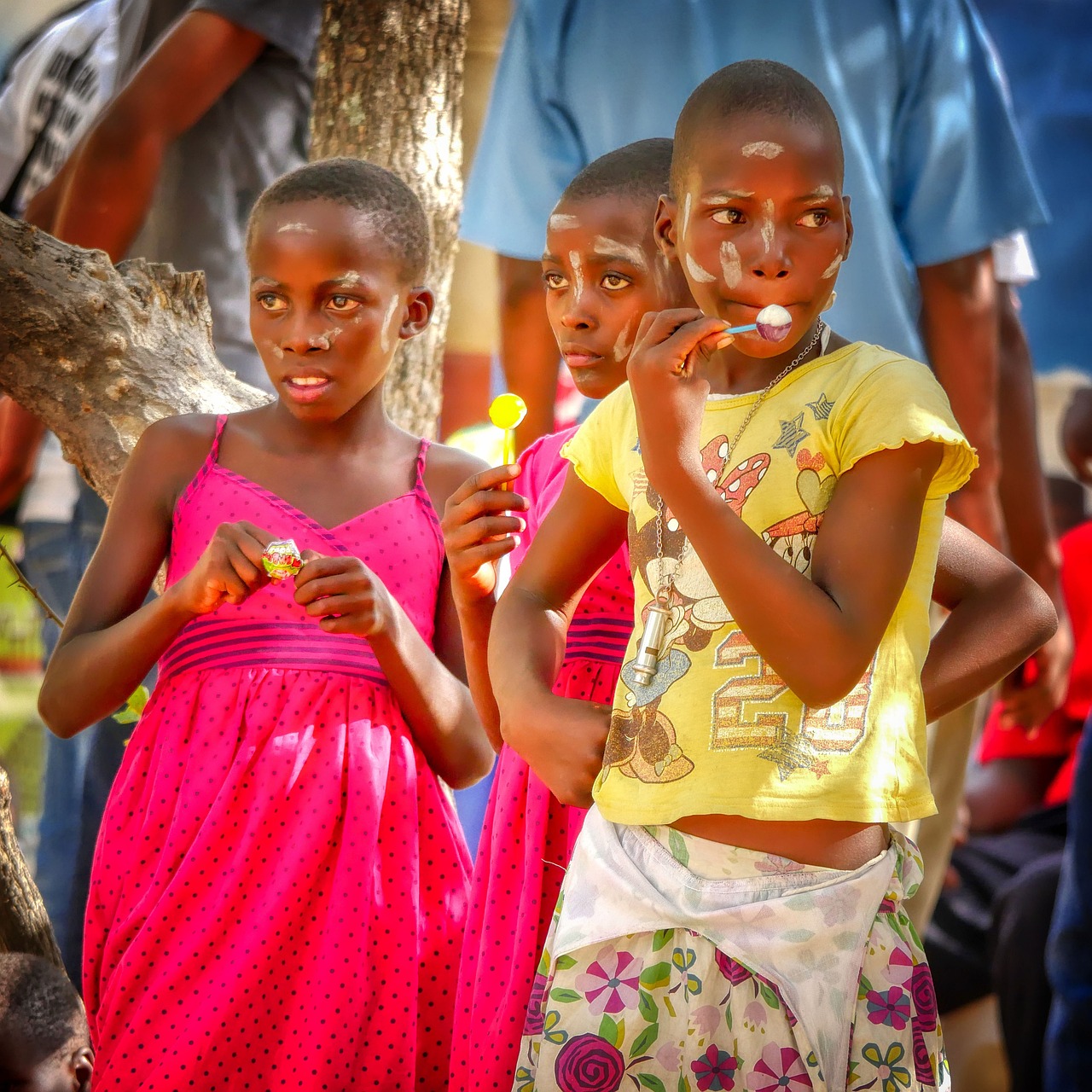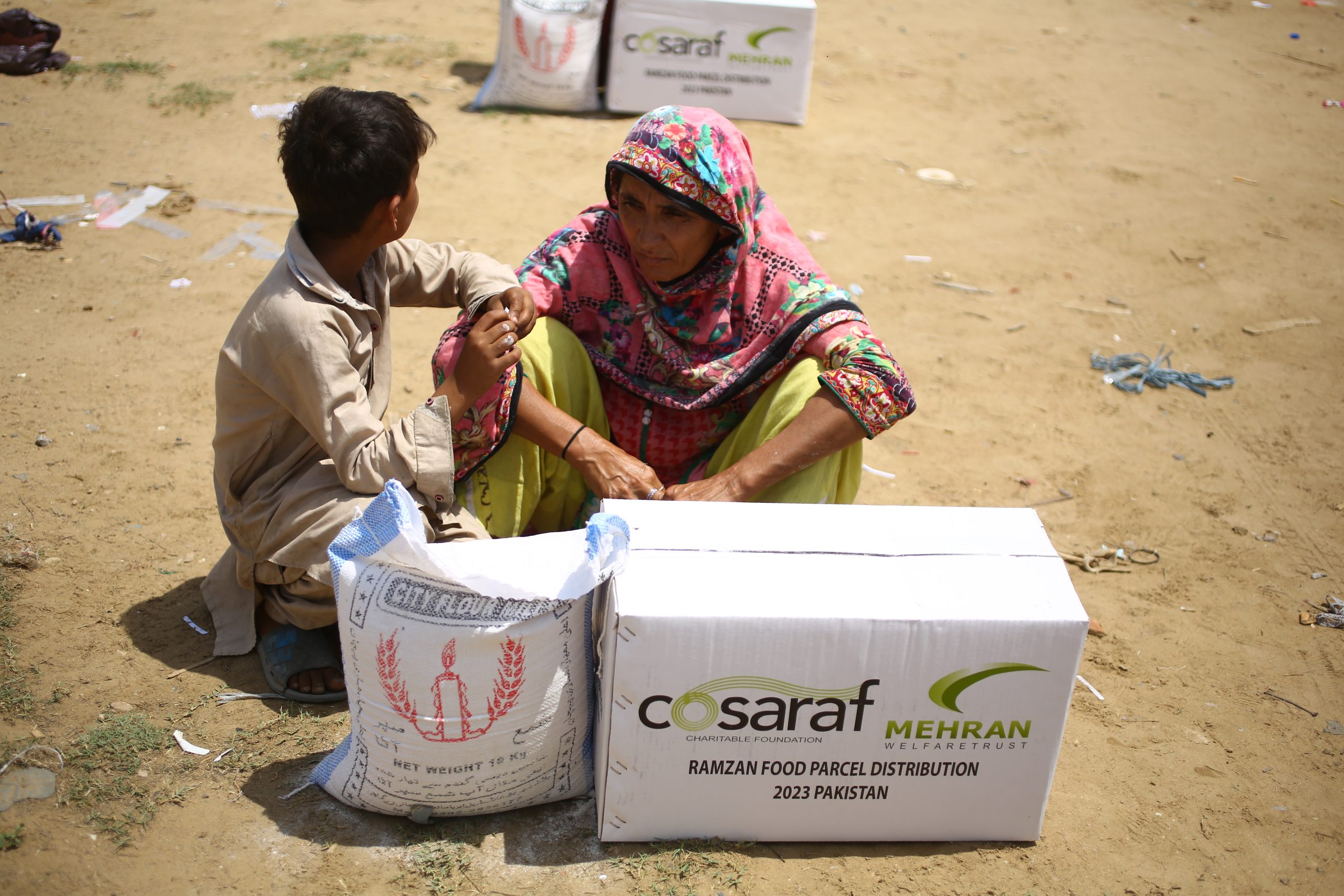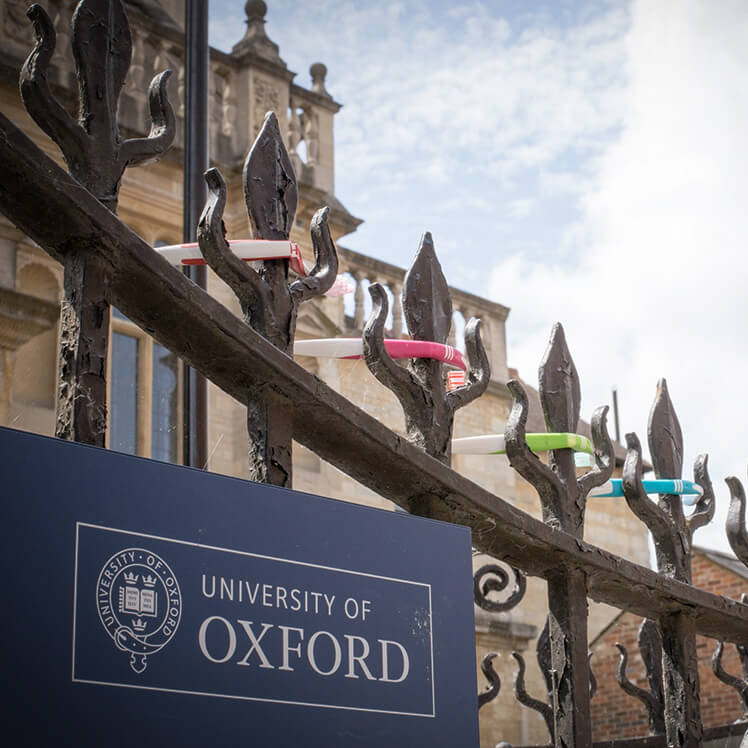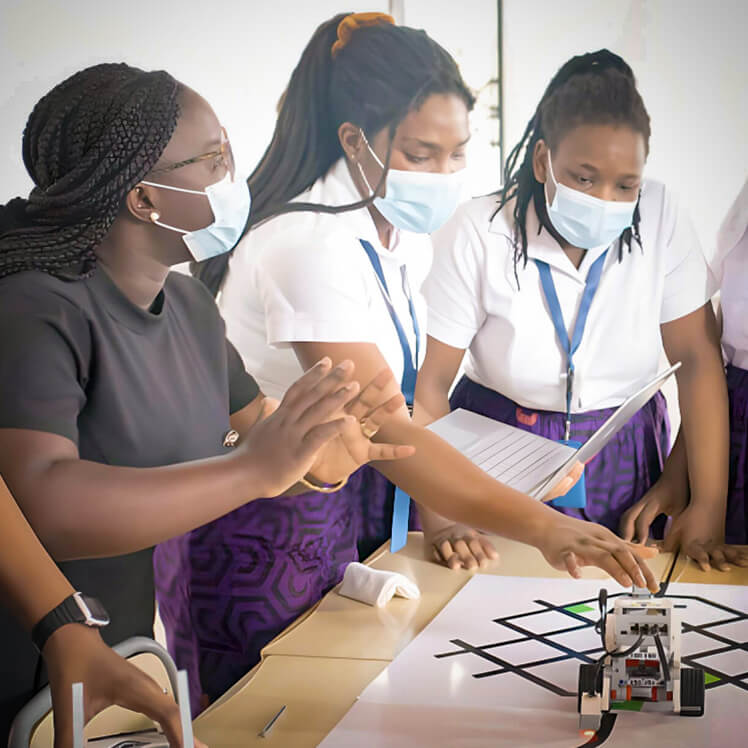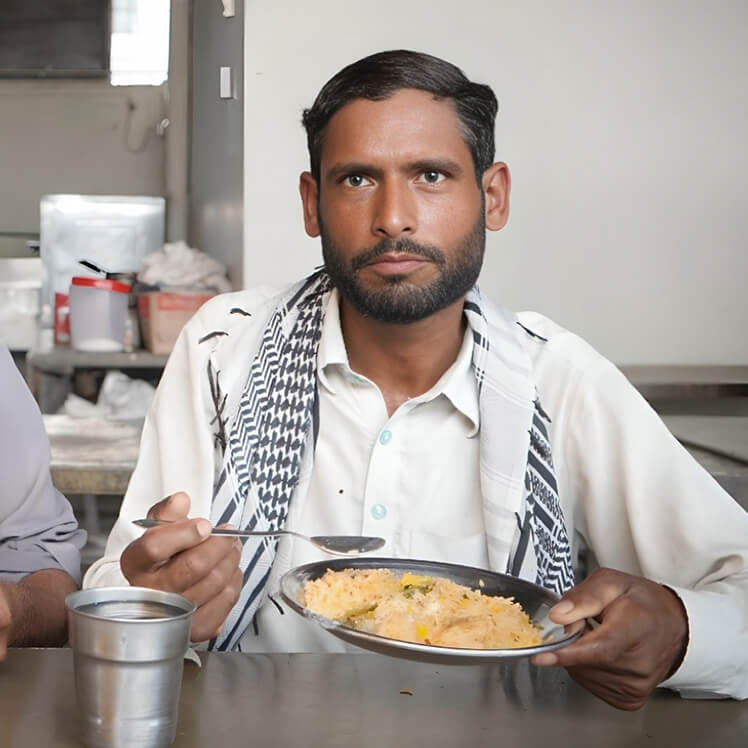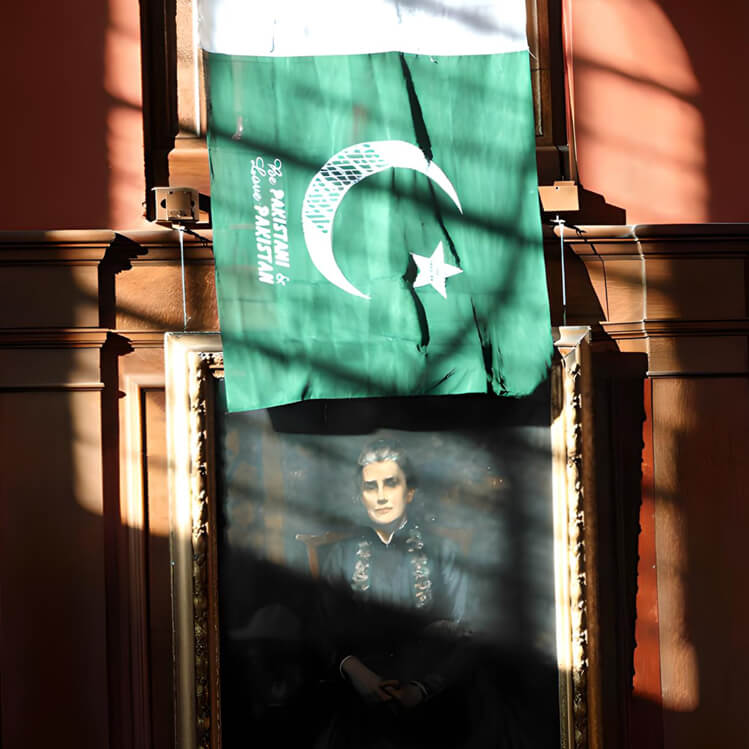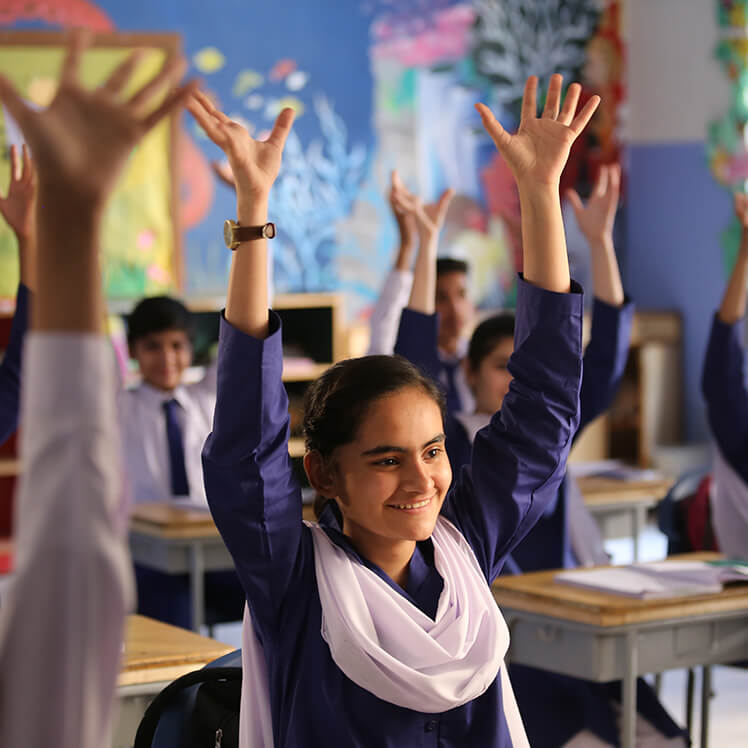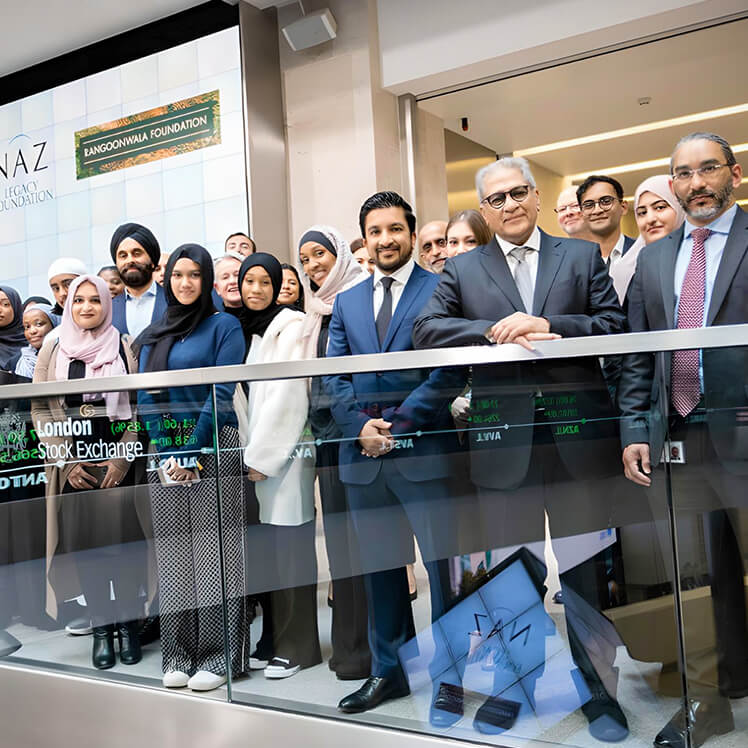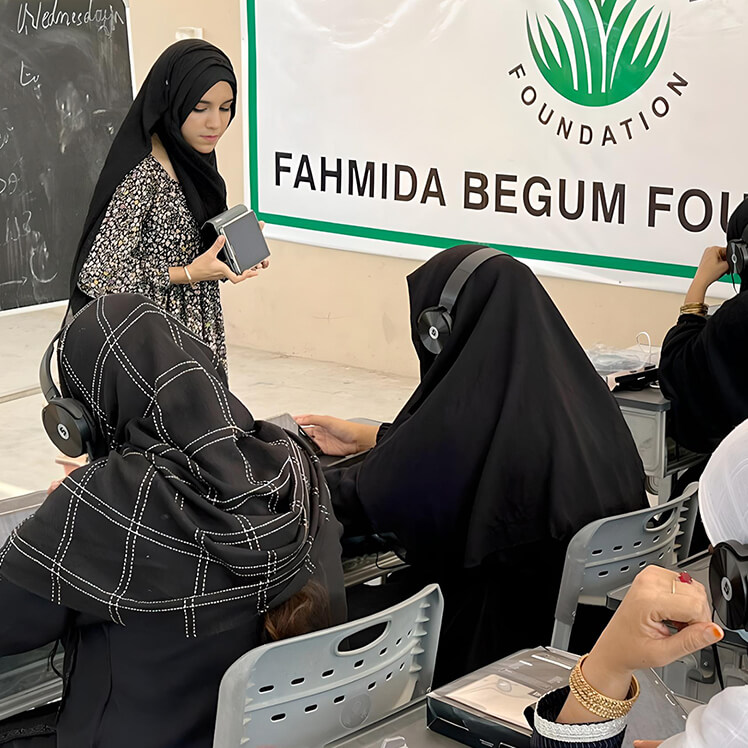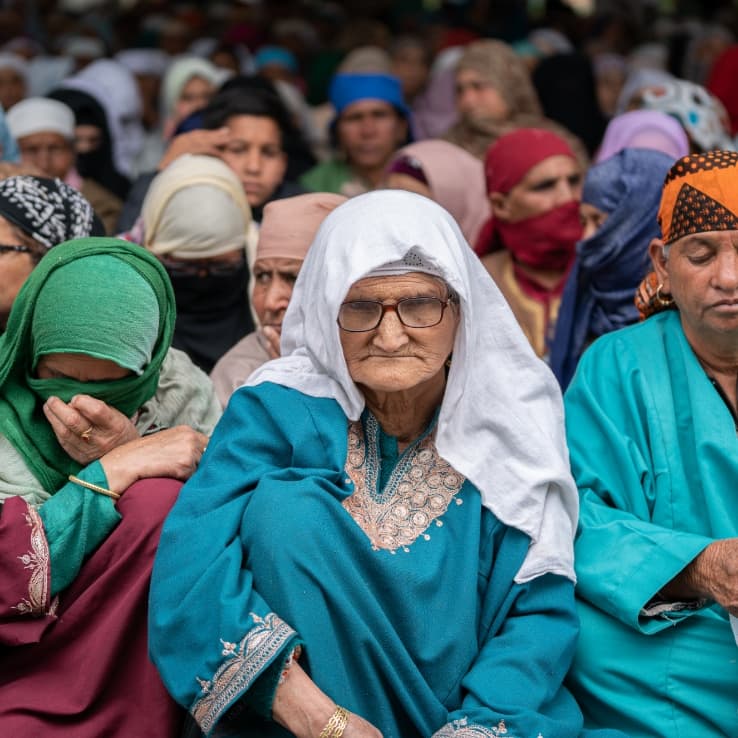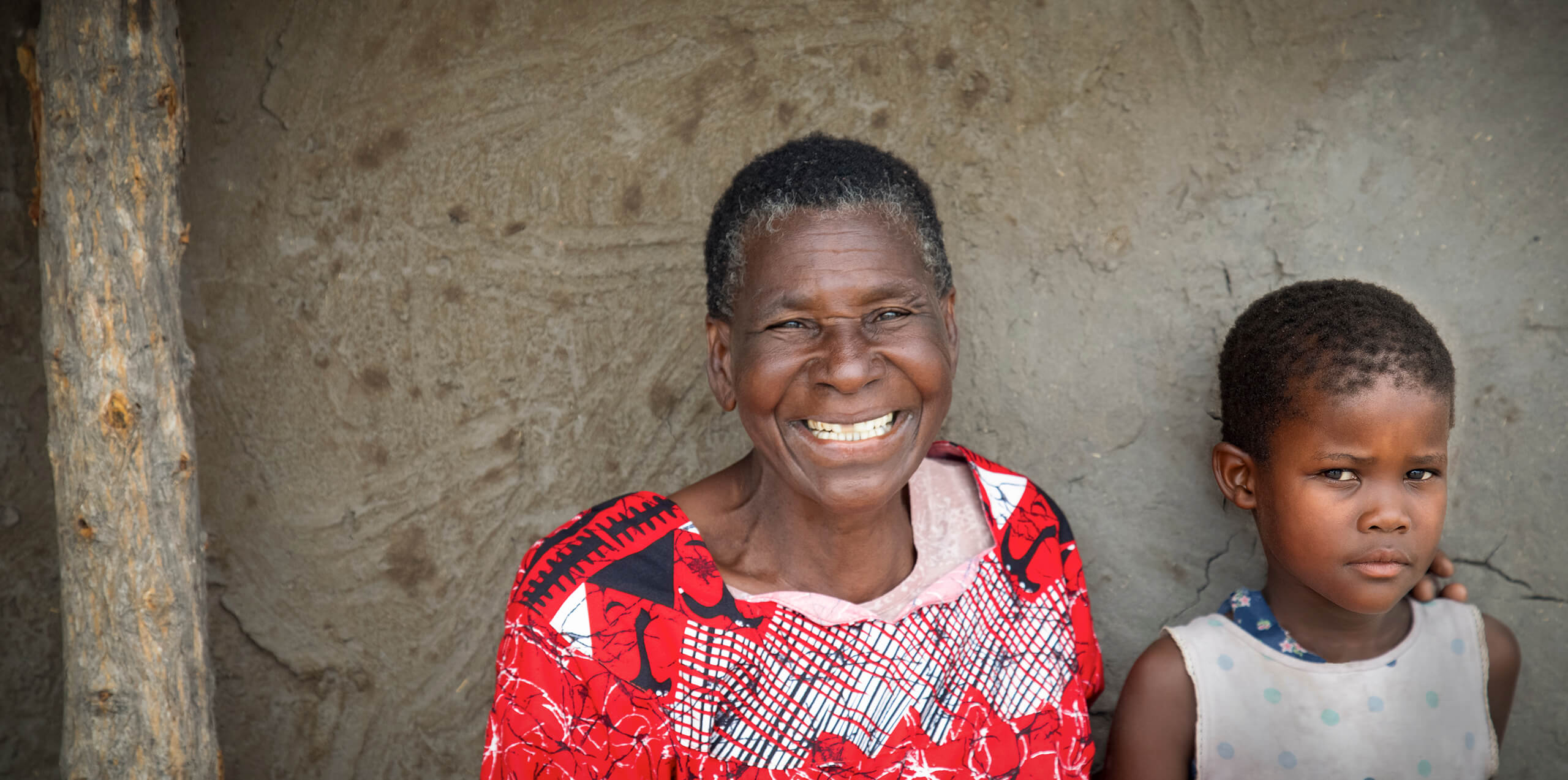
Who we are
Women and Children First’s vision is a world where all women, children and young people can survive and thrive. Our mission is to empower local communities to act on the most critical health challenges facing them. Health education is most effective and empowering if it involves dialogue and problem solving, rather than message-giving. Our community health groups bring people together, enabling communities to take collective action to address problems with locally sourced solutions. They can halve maternal mortality, reduce neonatal mortality by a third and increase uptake in contraception by a quarter. The methodology has received a World Health Organization recommendation. They are cost-effective, equitable and sustainable, with 80% of groups continuing once projects end.
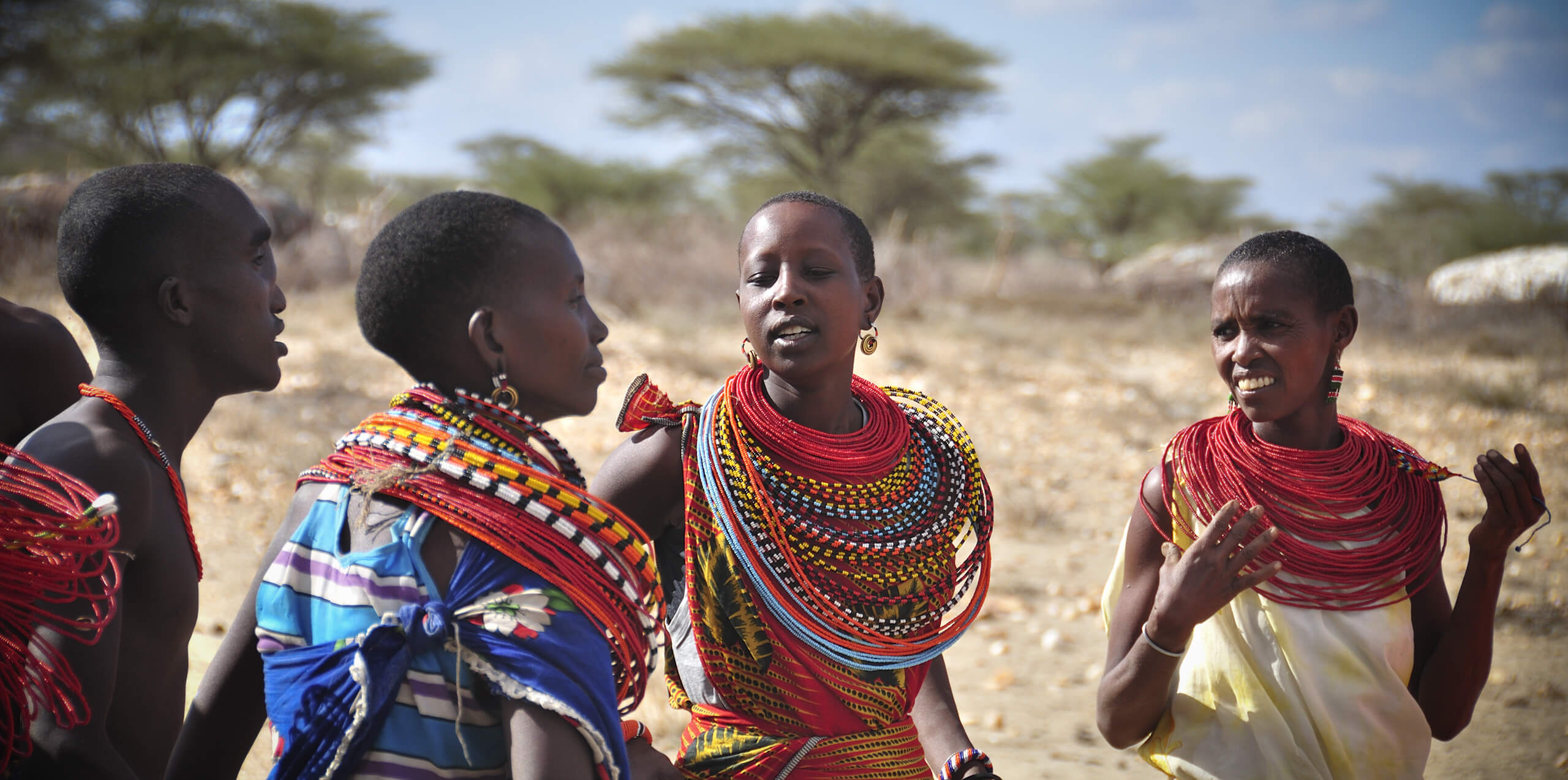
Our project
Women & Girls Community Health Groups
Teenage girls and young women in rural Kenya face sizeable barriers to the health care and information. This is due to a lack of comprehensive sexual education in schools, mixed with difficult socio-economic circumstances and previous poor quality health services. This disempowers them, damaging their education, career, and future prospects. Adolescent girls are at higher risk of dangers during pregnancy and childbirth, such as eclampsia – high blood pressure resulting in seizures. Access to contraception for teenagers reduces the risk of unintended pregnancies and them missing out on their education. Attending one year of secondary school can boost a girl’s earning potential by 25%.
Women and Children First is partnering with Afya Research Africa to trial whether community groups run via their clinics can empower girls to improve their sexual and reproductive health. In close collaboration with our partners and local stakeholders the charity adapted our methodology specifically to suit adolescent girls and young women. Women and Children First will train the Afya team in how to run community groups. They will in turn train group leaders and other key stakeholders to run effective, high impact meetings.
The teenagers and young women will critically assess the problems they face, and work together in a team to solve them. With the help of the wider community, they will implement these solutions. The creation of adolescent health groups will provide a safe space for adolescents to discuss their concerns and barriers, including lack of knowledge, social norms and values, and stigma. Topics covered will include: STIs; HIV/AIDS; cervical cancer; maternal health issues and the importance of using family planning methods and health services. During the course of the project, 10 community health groups will be established, reaching hundreds of adolescent girls and young women in 2023 and 2024.


